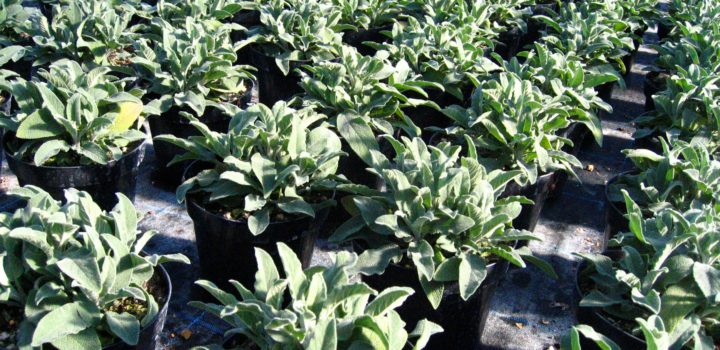Partner
• Azienda Agricola “Cappello Roberto” – Albenga (SV)
• Centro di Sperimentazione e Assistenza Agricola (CeRSAA)
Founding body
Ministero delle Politiche Agricole, Alimentari e Forestali
Goals
The aim of the project is to implement the official procedures foreseen by the current legislation with the purpose of a label extension regarding innovative plant protection products (having low environmental impacts, a low residue profile and workers’ health and safety) from major to minor crops (leafy crops and fresh herbs).
Materials e methods
The crops affected by the project’s activities are “leafy crops and fresh herbs” and in particular “fresh herbs”, including rosemary, sage and thyme.
Pathogens involved in the project are: agents of basal and root rot (Phytophthora spp., Pythium spp., Rhizoctonia solani), agents of anthracnosis and leaf spots (Botrytis cinerea, Sclerotinia spp., Colletotrichum spp., Alternaria spp.), pests (Thysanoptera and white flies) spider mites and mites.
Agrochemicals will be identified in the first part of the project with the cooperation of the agrochemicals companies holding the active ingredients of interest, having heard the opinion of the Regional Phytopathological Group established by Liguria Region and the Regional Phytosanitary Service.
Only innovative products will be chosen (depending on the type of molecule and/or formulation); the choice will be done for products having low environmental impacts, a low residue profile and workers’ and consumers’ health and safety.
Priority will be given to those products currently authorized or permitted in the European countries (i.e. Germany) for the above-mentioned crops.
Expected results
• label extension on minor crops regarding plant protection products mainly used against plant diseases;
• speed up the harmonization process for the agrochemicals, in particular regarding the effective availability of commercial products containing the active ingredient under investigation;
• reduce the use of old disease control formulations having a high environmental impact;
• encourage a greater competitive advantage for SMEs that will be able to use these products putting on the market healthy and quality products
• reduce the costs of agricultural products

